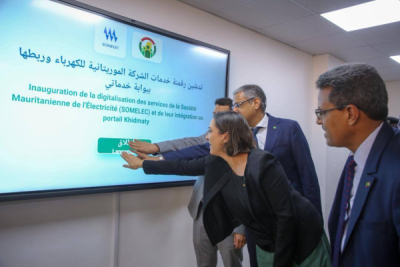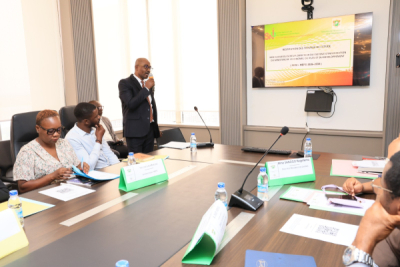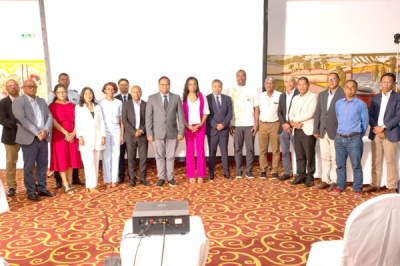Like many African countries, Senegal is facing the thorny issue of electrical and electronic waste pollution. The situation recently worsened with the massive importation of electronic devices from other continents
The e-waste collection and dismantling center Senegal has been planning for years now will soon become effective, according to Cheikh Bakhoum, director general of state IT agency SENUM SA
" SENUM has decided to create a full-fledged entity that will be exclusively dedicated to this extremely important issue for our Environment and for our citizens. It will dismantle [...] electronic and electrical devices", said Cheikh Bakhoum.
"SENUM already has a section specifically dedicated to the management of electronic and electrical waste. It exclusively sorts them into green waste for recovery or red waste to be sent to a safe location for destruction," he added.
The e-waste (computers, phones, televisions, cables, batteries, etc.) issue is of great concern to the Senegalese government. In 2019, Senegal produced more than 4 million tons of e-waste according to the Solid Waste Coordination and Management Unit (UCG). Its average yearly e-waste production has surely risen due to population growth. From 16.3 million in 2019, Senegal's population was estimated at 17.3 million in 2022.
The dismantling center will significantly reduce the impact of electronic waste on the environment and health, improve income for informal collectors, and promote the creation of green jobs for the youth, among other things.
The country plans to recycle up to 90% of its e-waste by 2025. For that purpose, it is currently preparing a new legal framework for the activity.
Samira Njoya



















